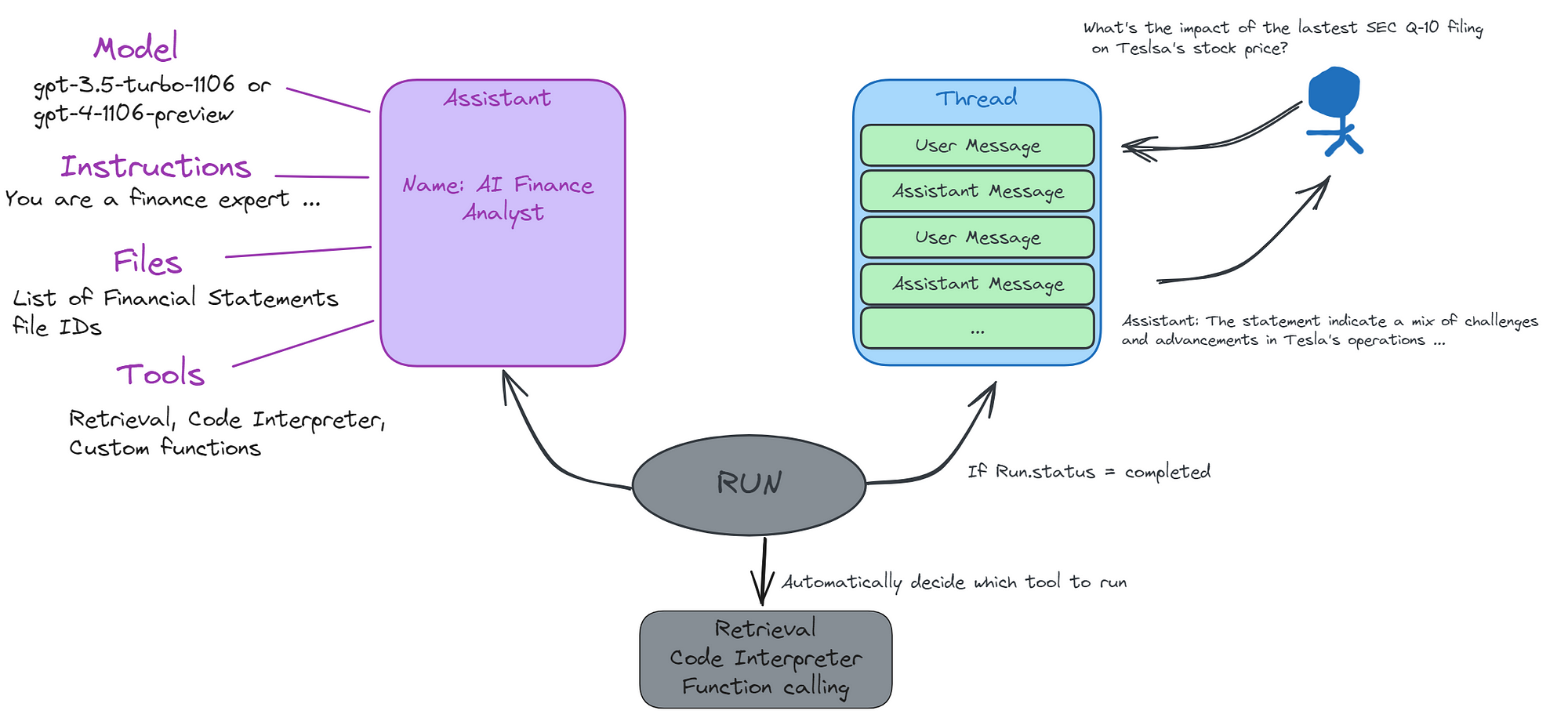The AI monetization conundrum rages on as OpenAI's costs rocket ...
Despite its immense popularity, OpenAI is allegedly burning through cash at an unsustainable rate and could face a staggering $5 billion loss by the end of 2024. That’s according to a shock report from The Information, which cites unreleased internal financial statements and industry figures exposing how OpenAI has already spent roughly $7 billion on training models and as much as $1.5 billion on staffing.

Financial Struggles
Dylan Patel from SemiAnalysis had earlier told The Information that OpenAI allegedly forked out some $700,000 a day to run its models in 2022, posting losses of almost $500 million that year alone. Despite generating substantial revenue, estimated at $3.5 billion to $4.5 billion annually, OpenAI’s expenses far outpace its income. The company has already raised over $11 billion through seven rounds of funding and is currently valued at a staggering $80 billion.
Competition and Challenges
Microsoft, OpenAI’s biggest backer by far, has already poured billions into the company in recent years. Its most recent injection of cash, $10 billion in early 2023, was rumored to include a 75% slice of OpenAI’s profits and a 49% stake in the company, as well as integrating ChatGPT into Bing and other Microsoft systems. In return, OpenAI receives access to Azure cloud servers at a substantially reduced rate.

However, despite ChatGPT being a household name with millions of global users, OpenAI might prove a real money pit for investors if nothing changes. OpenAI is heavily invested in being the first to achieve artificial general intelligence (AGI), an ambitious and incredibly expensive endeavor. CEO Sam Altman has already hinted that he simply will not stop until this is achieved.
Generative AI Competition
Competition in the generative AI space is intensifying, with big players like Google, Amazon, Meta, etc., all vying for a slice of the pie. While ChatGPT remains the most widely recognized AI chatbot, it is capturing an increasingly smaller portion of the total revenues up for grabs.

As Barbara H. Wixom, a principal research scientist at the MIT Center for Information Systems Research, aptly puts it, “Like any tool, AI creates no value unless it’s used properly. AI is advanced data science, and you need to have the right capabilities in order to work with it and manage it properly.”
Monetization Challenges
One of the greatest challenges of AI monetization is that it doesn’t offer the same economy as conventional software. Each user interaction with a model like ChatGPT requires specific computations, which consume energy and build higher ongoing costs that scale as more users join the system. This poses a massive challenge for companies offering AI services at flat rates, as expenses can quickly outpace revenues.
If subscription costs are raised too much, people will simply bail out. Economic surveys suggest that subscriptions are one of the first things to be culled when people want to cut back their spending.
Future Concerns
The year 2023 has acted as a testing ground for various AI monetization approaches, but none are a silver bullet for the industry’s mounting costs. As the world watches eagerly to see how the AI story unfolds, one thing is certain: the path forward is proving tricky terrain to traverse. Futurist visions of an AI-embedded future where intelligent machines live alongside humans may be inevitable, but the timeline is impossible to predict.










